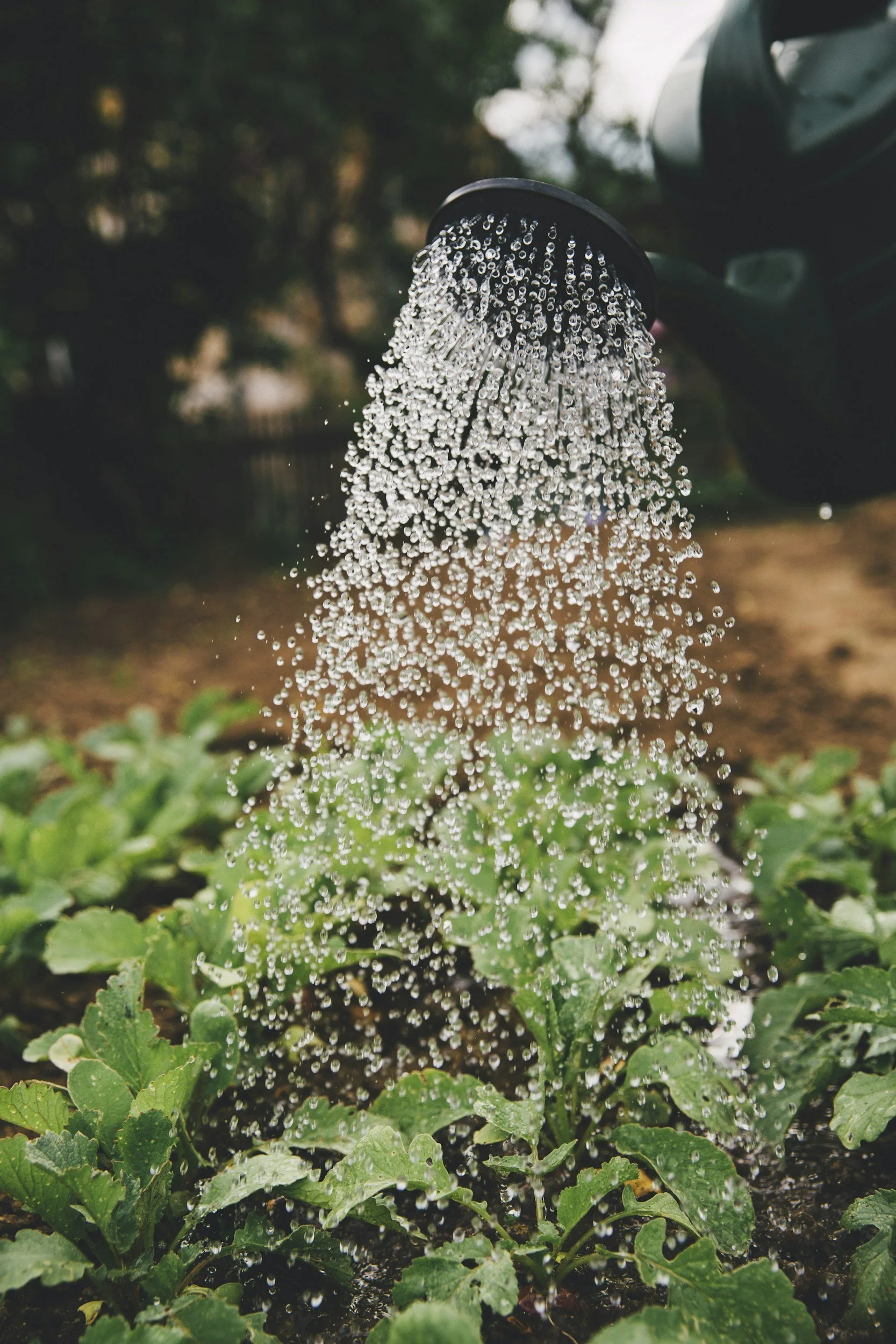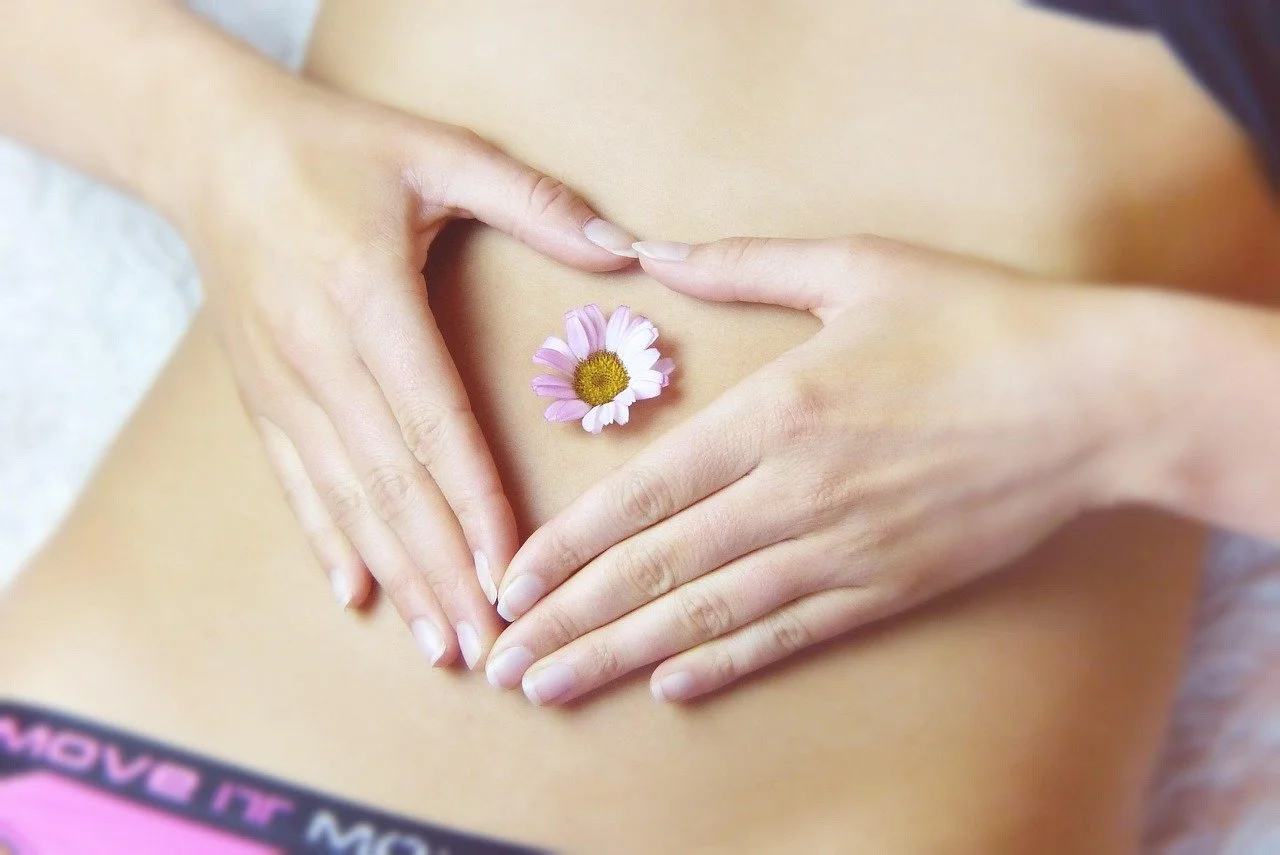Your Gut is a Garden: Cultivating Health from the Inside Out
Imagine walking through a beautiful garden. The soil is rich and dark, buzzing with invisible life. Flowers bloom in every color, herbs release their fragrant oils, and bees drift lazily through the sunlit air.
Now imagine that same garden, but the soil is cracked and dry. The plants are wilting, the flowers are gone, and the bees have flown elsewhere.
Your gut is just like that garden.
It is a complex ecosystem filled with trillions of bacteria, fungi, and microbes working together to nourish and protect you. When the garden of your gut is tended well, everything thrives – your digestion, immunity, mood, and energy. When it’s neglected, you feel it everywhere.
How Do We Tend Our Internal Garden?
Just like a garden needs sunlight, water, and good soil, your gut needs:
The right nutrients (soil)
A supportive environment (sunlight and rain)
Protection from toxins and weeds (natural pesticides and pollution)
Let’s explore these in a real-world, actionable way.
A healthy garden thrives on variety. Different plants attract different beneficial insects and microbes. Your gut thrives the same way.
Eat a rainbow of plant-based foods each week.
Try this simple activity: each time you shop, add one fruit or vegetable you don’t normally buy. Purple cabbage, golden beets, watercress, or kiwi – each brings unique fiber and phytochemicals to feed your microbiome.Include fermented foods.
Sauerkraut, kimchi, kefir, miso, and unsweetened yogurt introduce live beneficial bacteria to reseed your gut.
1. Nourish Your Gut with Diversity
2. Protect Your Gut from Toxins and Stress
Imagine dumping chemical fertilizer and trash into your garden every day. Your gut feels the same from environmental toxins, processed foods, and stress.
Reduce processed foods and added sugars.
They feed harmful bacteria and fungi, allowing weeds to overtake your internal garden.Choose low-VOC cleaning products and plastics.
Your gut microbiome is sensitive to chemicals in your home environment. Switching to natural cleaning agents, glass containers, and filtered water can lower your toxic load.Manage stress intentionally.
Chronic stress dries out your gut garden. It slows digestion and inflames the gut lining. Practice 5-10 minutes of diaphragmatic breathing daily. Sit comfortably, place a hand on your belly, and feel it rise as you inhale slowly. This signals safety to your gut.
Your nervous system is wired directly to your gut, communicating in a secret language of neurotransmitters and electrical signals. When you care for one, you care for the other.
Get outside daily.
Gardens need sunlight; your gut bacteria do too. Natural light helps regulate circadian rhythms, which in turn optimize gut motility and microbial balance.Move your body regularly.
Gentle movement like walking, yoga, or stretching helps massage the gut, improving digestion and microbial health.Prioritize sleep.
A disrupted sleep schedule alters the balance of your gut bacteria within just a few days. Aim for a consistent bedtime and limit screens in the evening.
3. Connect Your Gut and Mind for Whole-Body Wellness
The Garden Within: Your Gut and Its Hidden Connections
We often think of the gut simply as a place where food is digested. But research shows it is so much more. It’s a second brain, home to the enteric nervous system, which communicates constantly with your real brain via the gut-brain axis.
Your gut influences your emotions, mental clarity, and even the way you respond to stress. It produces over 90% of your serotonin, a neurotransmitter responsible for happiness and wellbeing. A neglected gut creates a neglected mind.
Bringing It All Together: Tending Your Garden for Life
Your gut is more than an organ; it is a thriving ecosystem, a living garden within you, shaping your health, mood, and vitality every day.
Here’s your quick gardener’s checklist:
Eat diverse, colorful foods
Incorporate fermented foods weekly
Reduce processed foods and toxins
Practice stress-reduction techniques daily
Move, sleep, and get outside to nourish your internal garden
When you tend your gut garden with care, everything blooms – from your digestion to your mental clarity to your overall wellbeing.

For the research-minded readers: Scientific Resources & References
Gut-Brain Axis
The Enteric Nervous System and Its Emerging Role as a Therapeutic Target
Gut microbiota and Mental disorders: A narrative review
Ultra-processed food consumption with all-cause and cause-specific mortality












